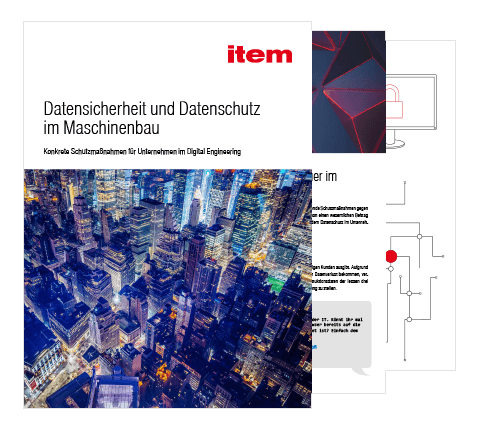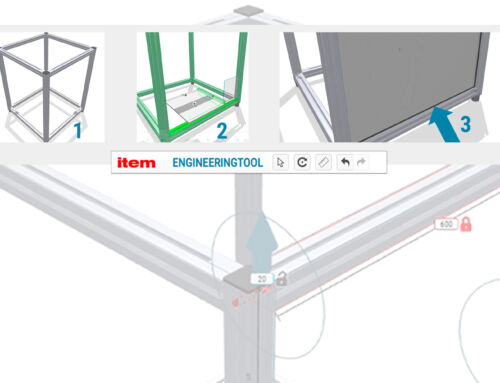Many SMEs don’t see IT security as a high priority, but it’s becoming ever more important in light of advancing digitalisation.
The majority of small and medium-sized businesses in Germany have run into problems with IT security at one time or another. This assessment is based on a study conducted by the government initiative IT Security in Business, which shows that the most commonly encountered issues are IT system failures (60 percent) and virus attacks (53 percent). Another security risk is lost or accidentally altered data (31 percent), followed by lost or stolen mobile devices (13 percent). Despite such bad experiences, SMEs still seem to underestimate just how important IT security is. Only one in five small businesses (i.e. companies with fewer than 50 employees) and half of all medium-sized companies (fewer than 500 employees) have at some point carried out a systematic IT security analysis.
IT security – protecting data and generating business
Both IT skills and IT security are becoming increasingly important, particularly in manufacturing industries such as mechanical engineering. This is in no small part down to digitalisation, which is affecting more and more processes and data. At the end of the day, losing project or customer data costs companies both time and money – it doesn’t matter whether it’s due to a hardware defect or a virus. That’s why data protection plays a major role, including for a company’s public image. In fact, IT security could potentially be a decisive factor for winning contracts – and not just for SMEs.
IT security in SMEs starts with clued-up employees
Smaller companies without their own IT department, in particular, could make great progress in terms of data protection and data security simply by putting certain basic safeguards in place. The first step should be to explain to employees what the typical risks are and how to spot them. Unexpected emails or USB sticks found lying around, for example, are to be treated with a healthy dose of scepticism. There should be a rule against storing company data on private end devices, too. These and other IT security regulations should be put in writing and passed on to employees during training sessions.
What’s more, companies are advised to only grant employees the IT rights they actually need to do their work. Users tend to have admin rights for their PC, which becomes an additional weakness if the computer gets infected with malware. Another problem in such cases is when users within a company are allowed to pick their own passwords without due attention to IT security considerations. Under certain circumstances, hackers can crack such passwords merely by trial and error. Locally installed password managers should be used to ensure employees can keep track of more complicated, secure passwords. That way, they only have to remember one single password, with the rest stored securely in an encrypted database.

Going digital? Of course!
Cybersecurity is an absolute must for any successful digital strategy. Our white paper shows you the best ways to protect your data and how you can make the most of digitalisation.
GET YOUR COPY NOW!
IT security in Industry 4.0 – another area with great potential
Compared to other sectors, companies committed to Industry 4.0 are much more likely to rate IT security as highly or extremely important. Yet when it comes to putting their intentions into action, even these businesses have work to do. In fact, only around a third of SMEs committed to Industry 4.0 have written rules on IT security (31 percent) or control who has access to server rooms (38 percent). In terms of basic protection, the news is generally good since at least medium-sized companies across various industries have introduced the relevant safeguards. For example, almost all SMEs use anti-virus solutions, passwords and a firewall to secure their IT systems, with at least 89 percent making sure to back up data, regularly update software and use spam filters.
Are you interested in digitalisation and what the future of mechanical engineering holds?
Then we have something that might just help!
Simply subscribe to the item blog by completing the box at the top right!









